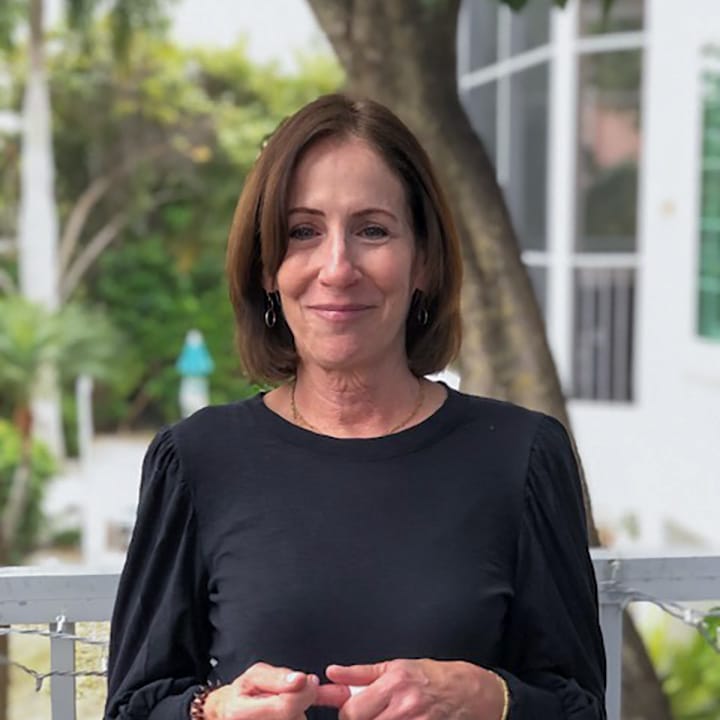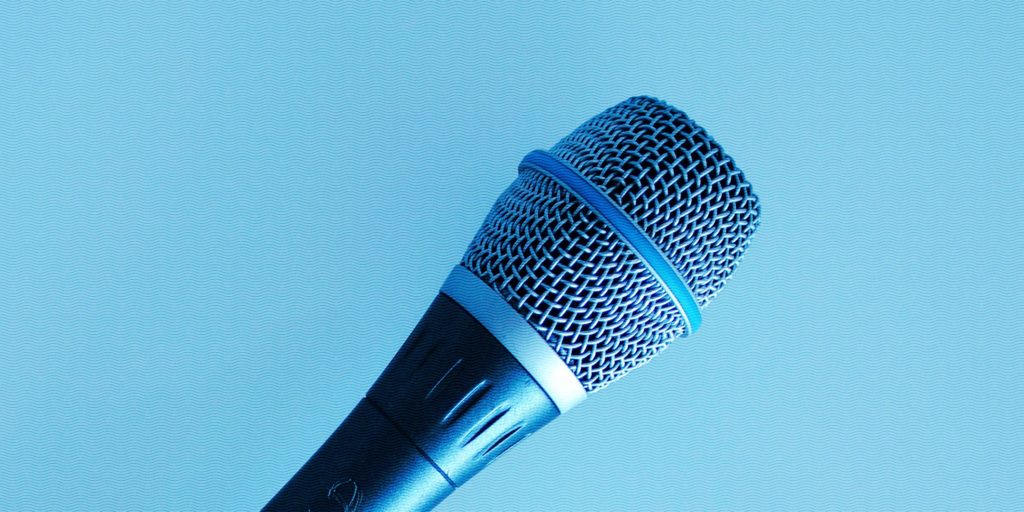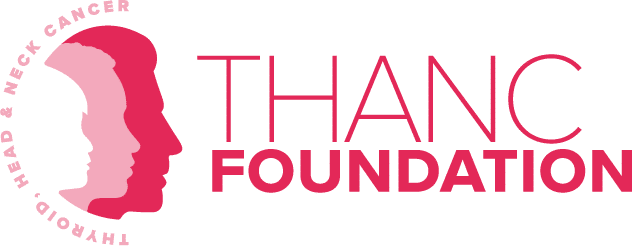
I was diagnosed with polymorphous adenocarcinoma in December of 2019. I initially thought I just had a tooth infection. I had the sensation that something was dripping in my mouth. I had visited my dentist right before Thanksgiving. She saw no infection, but noticed asymmetry in my palate. She wasn’t sure if this was new or not, so she advised me to get a second opinion from an oral surgeon. The oral surgeon didn’t see anything out of the ordinary on the x-ray, but recommended a biopsy, which ultimately led to my diagnosis.
I was told that polymorphous adenocarcinoma was a rare tumor of the salivary gland, and the doctors referred to it as “low-grade,” meaning this tumor was unlikely to spread. I was told the surgery could involve extracting a couple of my back teeth on one side. However, my doctor assured me this wouldn’t impact my smile or eating, and that most patients who have these extractions learn to chew on one side easily. I went ahead with the surgery the next month to remove the tumor.
At the time, I wasn’t eating anything besides fluids, and I ended up developing lockjaw. But, I overcame that with help from my speech therapist.
For the most part, the surgery was not too bad compared to what was coming. I had a little trouble with the recovery, because the back of my throat felt so uncomfortable from the reconstruction of my palate, but eventually that healed and I got used to these changes. At the time, I wasn’t eating anything besides fluids, and I ended up developing lockjaw. But, I overcame that with help from my speech therapist.
Following the surgery, I was advised to undergo a course of radiation. My doctor referred to this as “wearing belts and suspenders”—an extra measure to ensure the intended outcome could be achieved. Radiation turned out to be the biggest obstacle for me. It was the most difficult thing I have ever gone through. My mouth was extremely dry, which was an extremely uncomfortable feeling. I was in pain throughout most of the 6 week course of radiation, and for a significant period after. I thought I’d never eat again. I lost a lot of weight and had trouble eating and sleeping for months. I felt like my life was never going to return to normal.
I joined group therapy, which helped, even though we all had quite different experiences.
Even though I was assured it would get better over time, the goal posts kept moving. “Give it another couple of weeks. Give it another month.” I found myself in a state of depression and extreme anxiety, and required therapy and medication to get through this.
I am not used to being taken care of, and I realized I am not good at asking for help. However, I learned that asking for help is exactly what I needed to do. My husband and children–who were also adults at the time—provided me with a great support system. Without them, I could never have gotten through to the other side. I joined group therapy, which helped, even though we all had quite different experiences. I also joined SPOHNC (Support for People with Oral and Head and Neck Cancer), which allowed me to find and share resources and attend educational webinars with people going through similar situations. I still participate in SPOHNC to this day and recommend this to anyone on their own cancer journey.
This whole experience taught me a few things. I learned that you have to be open to trying anything. I learned that listening to others express what they are going through can make you feel less alone. Lastly, I learned to take pride in having the courage to admit when I need help.

Will You Share Your Journey?
April is Oral Cancer Awareness Month. As part of that theme, we post stories written by oral cancer survivors, caregivers and medical professionals for our 30 Stories in 30 Days™ campaign. The insights they share can help others along their journey.


